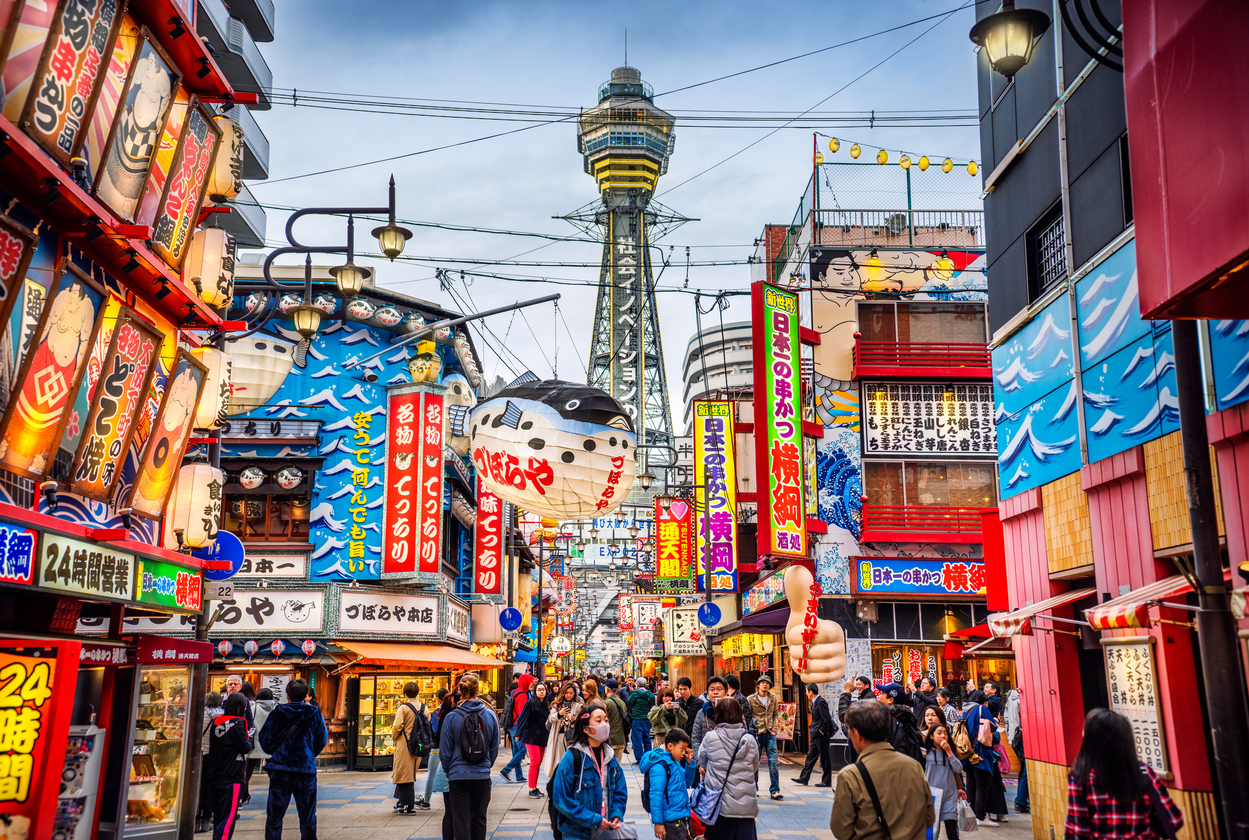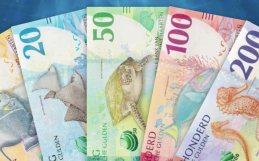Travelling to new destinations is an exciting opportunity to explore different cultures, try new foods, and immerse yourself in unfamiliar surroundings. One aspect of travel that often leaves travellers scratching their heads is tipping. While tipping customs vary widely from country to country, it’s important to understand the etiquette in order to avoid any awkward or unintentional offences. In this guide, we’ll provide you with some handy tips, fun facts, and a few places where tipping may not be required.
Tips for Tipping Abroad

When it comes to tipping while travelling abroad, here are a few key points to keep in mind:
- Research Before You Go: Take some time to research the tipping customs of your destination. Check reliable travel resources or ask locals for advice online. Being informed beforehand will save you from confusion and a potential faux pas.
- Observe the Locals: Pay attention to how locals tip in restaurants, cafes, or other service-oriented establishments. Following their lead is a good way to ensure you’re respecting local customs.
- Consider the Service Quality: While tipping is customary in many countries, remember that it’s meant to reward exceptional service. If the service falls short of your expectations, you can exercise discretion in the amount you choose to tip.
Fun Facts About Tipping Around the World

Did you know that tipping customs can vary greatly from country to country? Here are a few intriguing tidbits:
- No Tipping Necessary: In Japan, tipping is not a part of the culture and may even be considered rude. Instead, excellent service is expected as a standard.
- Service Charge Included: Some countries, such as Australia and France, include a service charge in the bill. In these places, tipping is optional, but leaving a small amount as an extra token of appreciation for exceptional service is a thoughtful gesture.
- Generous Gratuity: In some countries, like Canada, tipping is customary and plays a significant role in service industry wages. Restaurants generally expect a tip of 18-20%, or more, of the total bill. Keep in mind that often waiters and waitresses will have to take a portion of your bill amount and leave their own tip to the back-of-house staff like cooks, bartenders, hosts, and other support staff.
Places Where Tipping May Not Be Required

While tipping is common in most countries, as we mentioned above, there are a few places where it’s not expected, or where service industry workers are paid fair wages. Here are a couple of examples:
- New Zealand: In New Zealand, tipping is not common practice. Workers in the service industry are generally paid a fair wage, so tipping is not expected. However, if you receive exceptional service, it’s always appreciated.
- Iceland: Similar to New Zealand, tipping is not customary in Iceland. Wages in the service sector are generally higher, so there is less reliance on tips. While you’re not required to tip, rounding up the bill, or leaving a small amount as a gesture of appreciation is always welcome.
- Japan: In Japan, tipping is not a part of the culture and is often seen as impolite. Excellent service is expected as a standard, and tipping may be perceived as an insult. It’s best to show your appreciation through respectful gestures and words instead.
Remember, respecting and understanding local customs and tipping norms is important wherever you go. Even in places where tipping isn’t expected, showing gratitude with a smile, a “thank you”, or a compliment is always a thoughtful gesture.
While tipping etiquette varies from country to country, it’s important to be aware of the customs before you embark on your international adventure. By doing some research, observing the locals, and considering service quality, you’ll be well-prepared to navigate the world of tipping while travelling. And don’t forget to embrace the fun facts and unique customs along the way. If you’re travelling, reach out to our team for help with foreign currency exchange and safe, reliable wire transfers. Happy travels and happy tipping!






